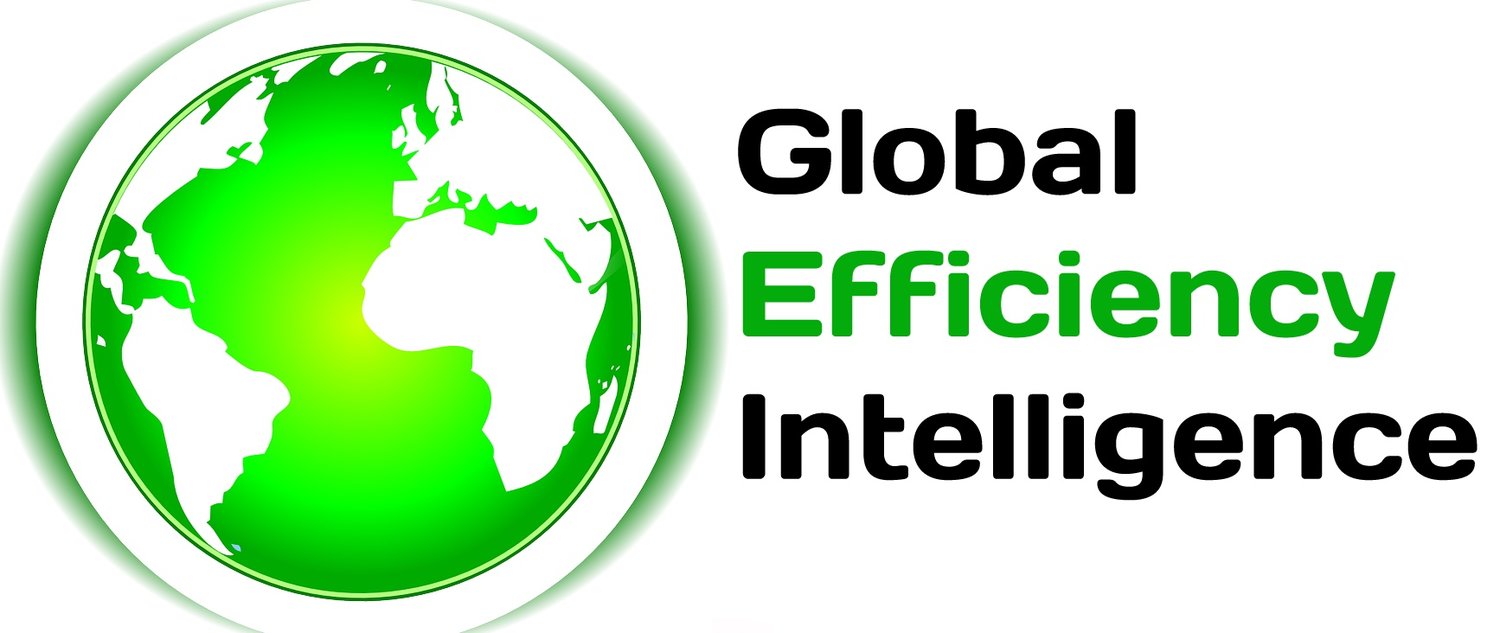Textile Sustainability Hub
Although the textile and apparel industry is not considered an energy-intensive industry, it comprises a large number of plants that, together, consume a significant amount of energy which result in substantial greenhouse gas (GHG) emissions too. The textile and apparel industry and especially textile wet-processing is one of the largest consumers of water in manufacturing and also one of the main producers of industrial wastewater. Since various chemicals are used in different textile processes like pre-treatment, dyeing, printing, and finishing, the textile wastewater contains many toxic chemicals which if not treated properly before discharging to the environment, can cause serious environmental damage.
With global population growth and the emergence of fast fashion, the worldwide textile and apparel production are increasing rapidly. In 2014, an average consumer bought 60% more clothing compared to that in 2000, but kept each garment only half as long.
Textile Sustainability Hub is an information hub that researches, identifies and shares best practices for sustainability and cleaner production in the textile and apparel industry. Our work targets the needs of both small and large companies and include all major subsectors of the of the textile, apparel and fashion industry. We provide practical sustainability and cleaner production solutions and trainings that help textile and apparel companies to reduce their energy, water, and raw materials use and minimize their air and water pollutions across their value chain. Our team has extensive expertise in both textile engineering and industrial cleaner production and sustainability which will put us in a unique position to provide real-world solutions to companies and brands throughout their supply chain.
To learn more, please visit www.textilesustainability.com


